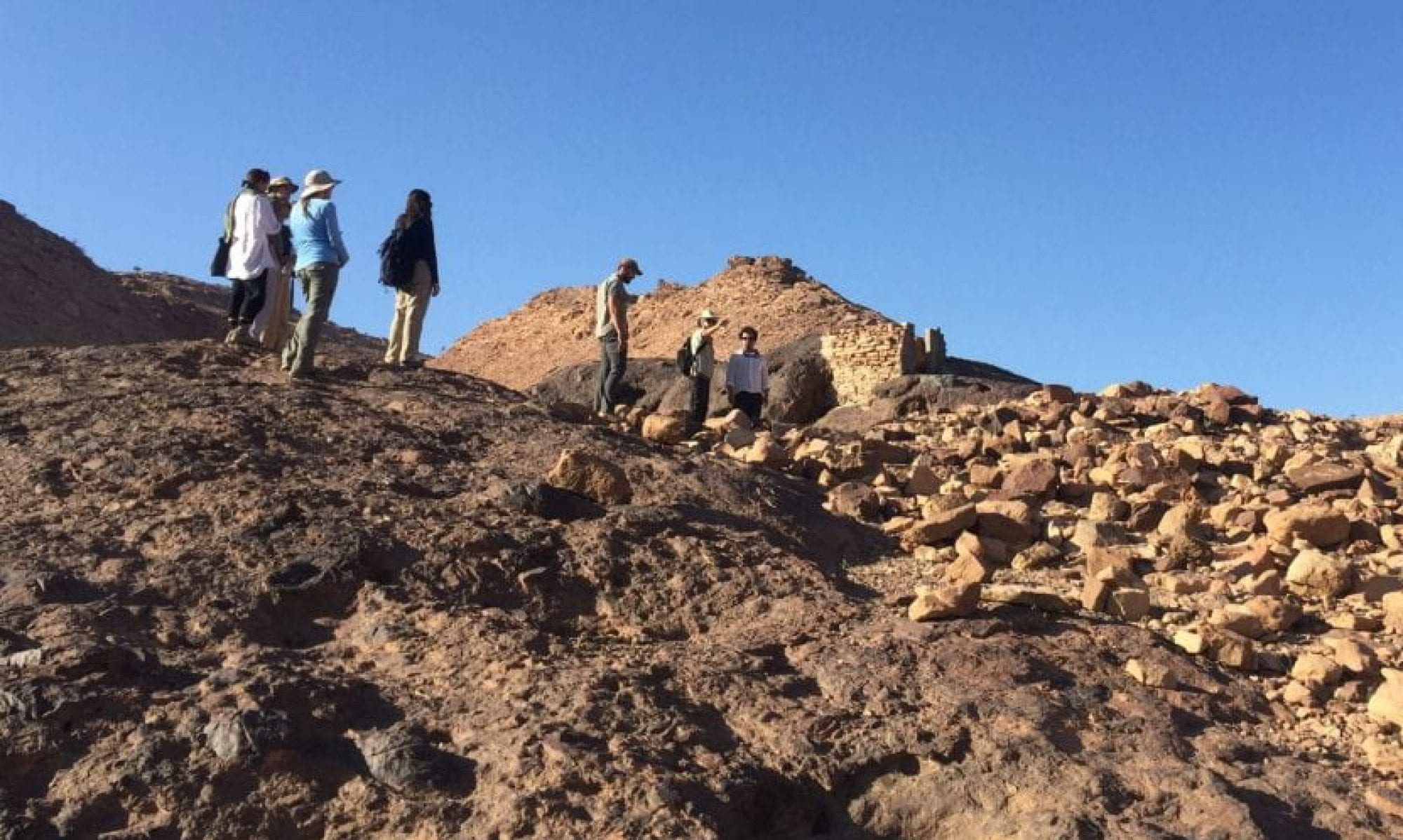I have asked archaeology concentrators and non-concentrators to comment on why should a student take a Greek Archaeology class? What does one hope to take away from such a course and how learning about the Greek past is relevant to our students’ lives? Tom and Sophie are taking the class this Spring and share their thoughts.
Tom Pettengill:
Every academic subject has something unique to offer, and archaeology is no exception. Studying archaeology challenges you to look beyond what you see and urges you to make connections to see the bigger picture – to go beyond merely memorizing details. It forces you to look at objects or events not only from your perspective, but from the perspectives of those who created, used, and experienced it. You learn to ask why and how, but you also learn to imagine the lives and stories behind things that are now past their time. Archaeology teaches you how to analyze, but it also teaches you to use your imagination and to recreate a world that once was. For me, studying Greek archaeology will allow me to pursue all of the important benefits of archaeology, all the while learning about one of the most influential and interesting ancient cultures of all time.
(http://www.ely.anglican.org/education/schools/collective_worship/ideas/Epiphany5A.html)
The image I chose is the lighthouse of Alexandria. I took a course on Egyptology last semester, and this is one monument that really stuck in my mind. It depicts the melding of both Roman and Egyptian cultures and was a major landmark of the city. It demonstrates a civilization’s ability to grow and innovate into a more complex society. Also, lighthouses (to me anyway) have always symbolized a sort of mystery, knowledge, and fortitude – something that I’m sure we will all find within this class!
Sophie Cohen:
Homer’s tales, Plato’s teaching, Phidias’s architectural feats are just a few of the many notable examples from the Greek past. As an archaeology concentrator, a class on archaeologies of Greece is imperative. Looking at the history of archaeology, it is hard to ignore this awe-inspiring branch of Classical Archaeology that has captured the minds of scholars, artists, poets, and authors alike. Not only are the civilizations and cultures of the Greek past still admired today, but also they were respected in their time as some of the most advanced and well connected people. Some civilizations like the Mycenaeans had elaborate fortifications and burial sites while others like the Minoans had strong seafaring capabilities and far-reaching trade routes. Regardless of what their strengths were, they solidified themselves as powerful and influential people in their respective times.
As Brown students, we are constantly presented with architecture, sculpture, and customs in our lives that are influenced by these ancient civilizations. Whether it is the columns on some of our university’s buildings, or the upcoming Olympics, we are reminded of the archaeologies of the Greek past every day. Furthermore, a good archaeologist should not be exclusive – not choosing to study Greek history, in my opinion, would give an archaeologist an incomplete depiction of archaeology as a whole.
(http://www.ancient.eu.com/article/390/)
This picture shows a Minoan fresco found in the palace of Knossos. This further illustrates their seafaring ways and their knowledge of the Mediterranean aquatic life. The immense detail of this piece gives us, as archaeologists and students, a glimpse of the lavish palace and its artistic style.
If you want to visit the original post and read the comments on the entry, visit: http://blogs.brown.edu/arch-0420-2014-spring-s01/2014/01/27/why-should-one-take-a-class-on-greek-archaeology/


